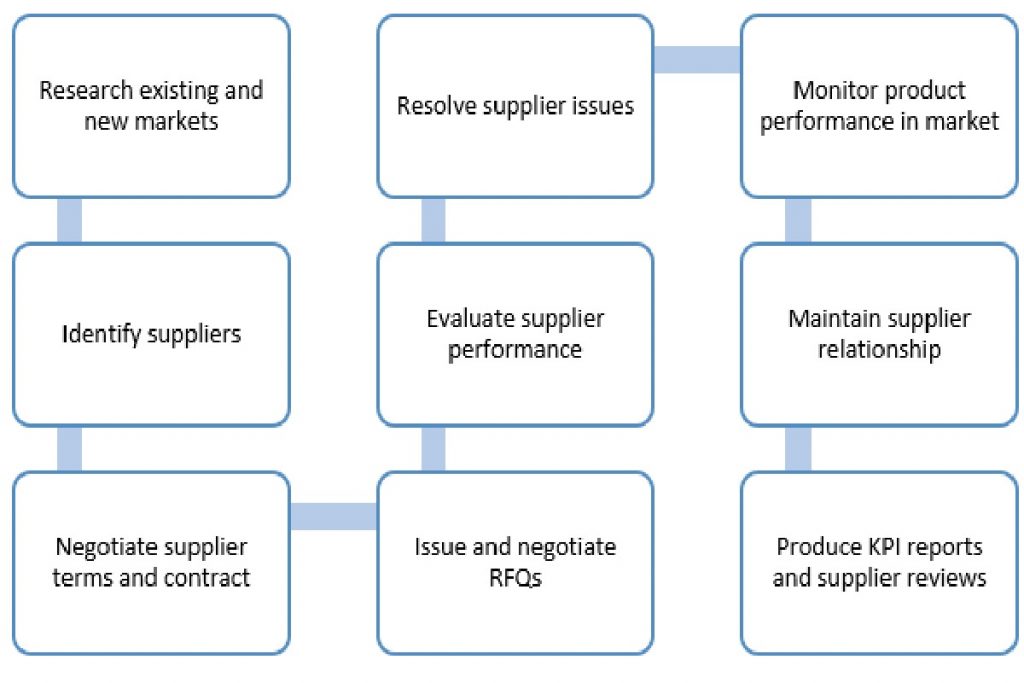Inventory Management : In summary, inventory management consists of the exhaustive monitoring of the assets that the organization stores. Through a series of activities, it manages to provide enough knowledge to those responsible to know when it is time to replenish stocks. Some of the activities that they use to measure this replacement are carried out through the monitoring of:
- The weight
- Dimensions
- The amount
- The ubication
In the following article we will delve into the inventory management process. We will observe the particularities that affect its development and what benefits are obtained from its correct management. In turn, we will observe which methodologies are applicable in this management and how the plan is carried out for its correct operation. Looking for the information to Track of your inventory and manage the procurement process, keep reading…
Table of Contents
What is the importance of Inventory Management?
Inventory management is essential for the organization of the warehouse and the development of the activity to be correct. In this way, the company will have enough goods to satisfy the demand for the product. The event that this management is not carried out properly, companies could assume losses as a result of an inefficient organization. In turn, the lack of assets could mean the loss of potential customers, thus affecting the growth of the entity.
Generally, each organization has a person in charge or head of inventory control who is in charge of managing the inventory management process. Although their presence does not always exist, therefore many companies turn to an outsourcing for such management. When organizations do not consume the ability to manage inventory themselves, they require outsourcing. One of the advantages of outsourcing the service is that the organization can concentrate its efforts on the main activity of its operation. In turn, they can count on a group of professionals to help them with management.
The management process does not end with the completion of the initial inventory, but it is necessary to constantly monitor and evaluate it for the correct use of resources. A large number of organizations offer these services, together with a number of professionals that allow you to take greater control.
Within inventory management, it is necessary to develop a control plan or system that helps to set not only a periodicity with which resources will remain reviewed but also the implementation of techniques that allow goods to remain correctly evaluated.
Inventory Management process methodologies
In this case, companies usually create their own warehouse management system. Some organizations choose to purchase an existing management system. These include some features like:
- Description of the property
- Property number
- Location of the property
For the search of the goods in the warehouse, the descriptions are usually essential, and they must be clear enough for their location in the same.
Procurement plan
One of the ideas of inventory management is to anticipate movements in demand. This is known as acquisition planning .
The organizations apply different strategies or plans to carry out purchases according to the needs presented by the sector.
Assuming a small business, an extensive storage structure would not make sense. These companies carry out a strategy of “just in time” or “just in time”, where they receive a certain merchandise at the right time to satisfy demand.
Other businesses take advantage of the information registered in sales databases to carry out the plan, since through them the product demand process will be similar, if the activity follows the same line.
Types of inventories
In the inventory management process we can distinguish different types according to:
- The level of completion, such as inventory of raw materials, products in process, etc.
- The location in the company, such as plant inventory or transit.
- The function.
Benefits of Effective Inventory Management
The inventory management process, in addition to helping businesses stay organized for better management for the client and for the company itself, management can lead to:
- To the continuation of the business to make it profitable
- Reduce the costs derived from the provision
- Use economies of scale
- Project sales
- Greater control of the business
- Improve the cash flow of the company
- Detect stagnant goods
- Control the entry, exit and location of goods

